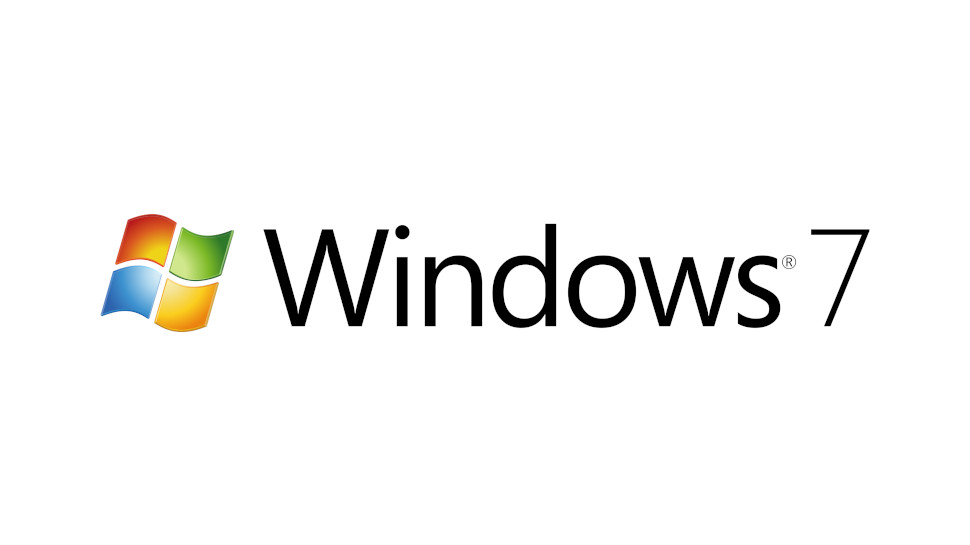An unimaginable number of people are still hooked on Windows 7
Windows 7 reached end-of-life in January last year

After more than 10 years in service, Microsoft’s Windows 7 operating system was officially retired on January 14, 2020. And yet, millions upon millions of users continue to stick with the outdated OS.
According to a report from consumer champion Which?, more than one in ten (13%) computers continue to run on Windows 7, despite the security risks that entails.
These figures are corroborated by data from Statcounter, which suggests Windows 7 is currently in use on 18.03% of all Windows devices, which collectively represent more than three quarters of the entire PC market.
- Check out our list of the best business computers around
- We've built a list of the best workstations on the market
- Here's our list of the best business laptops available
Rough estimates suggest there are now more than two billion computers in circulation worldwide which, if accurate, would mean that more than 200 million continue to run the outdated operating system.
Windows 7 loyalists
Asked why they had not yet updated to a newer OS, the largest section of respondents (30%) said they were unwilling to pay for an upgrade. A further 22% claim Windows 7 is simply easier to use, and 16% do not own devices capable of running Windows 10.
However, with Windows 7 no longer receiving important updates, it is vital that users upgrade to a newer OS, irrespective of the cost that might entail.
Safe in the knowledge that Microsoft will no longer deliver security patches for outdated operating systems, cybercriminals can dedicate resources to developing malware designed specifically to exploit older flaws.
Are you a pro? Subscribe to our newsletter
Sign up to the TechRadar Pro newsletter to get all the top news, opinion, features and guidance your business needs to succeed!
Given the significant pool of computers that still run on unsupported operating systems, such as Windows 7, attacks have the potential to be highly lucrative.
In the infamous WannaCry incident of 2017, for example, hackers took advantage of the quantity of machines running outdated versions of Windows to execute a sophisticated ransomware campaign.
The advice for users looking to remain as secure as possible is to update to Windows 10 (or another alternative OS) and to protect devices with a leading antivirus solution. Users whose Windows 7 devices are not powerful or capacious enough to run the latest version of Windows, meanwhile, will need to purchase a new device.
“If you’re truly wedded to your old PC (for example you know that you have hardware that can only work on Windows 7), you should ensure it isn’t connected to the internet and be careful what files you access via USB stick,” Which? advised.
- Here's our list of the best Windows 10 Pro laptops right now

Joel Khalili is the News and Features Editor at TechRadar Pro, covering cybersecurity, data privacy, cloud, AI, blockchain, internet infrastructure, 5G, data storage and computing. He's responsible for curating our news content, as well as commissioning and producing features on the technologies that are transforming the way the world does business.